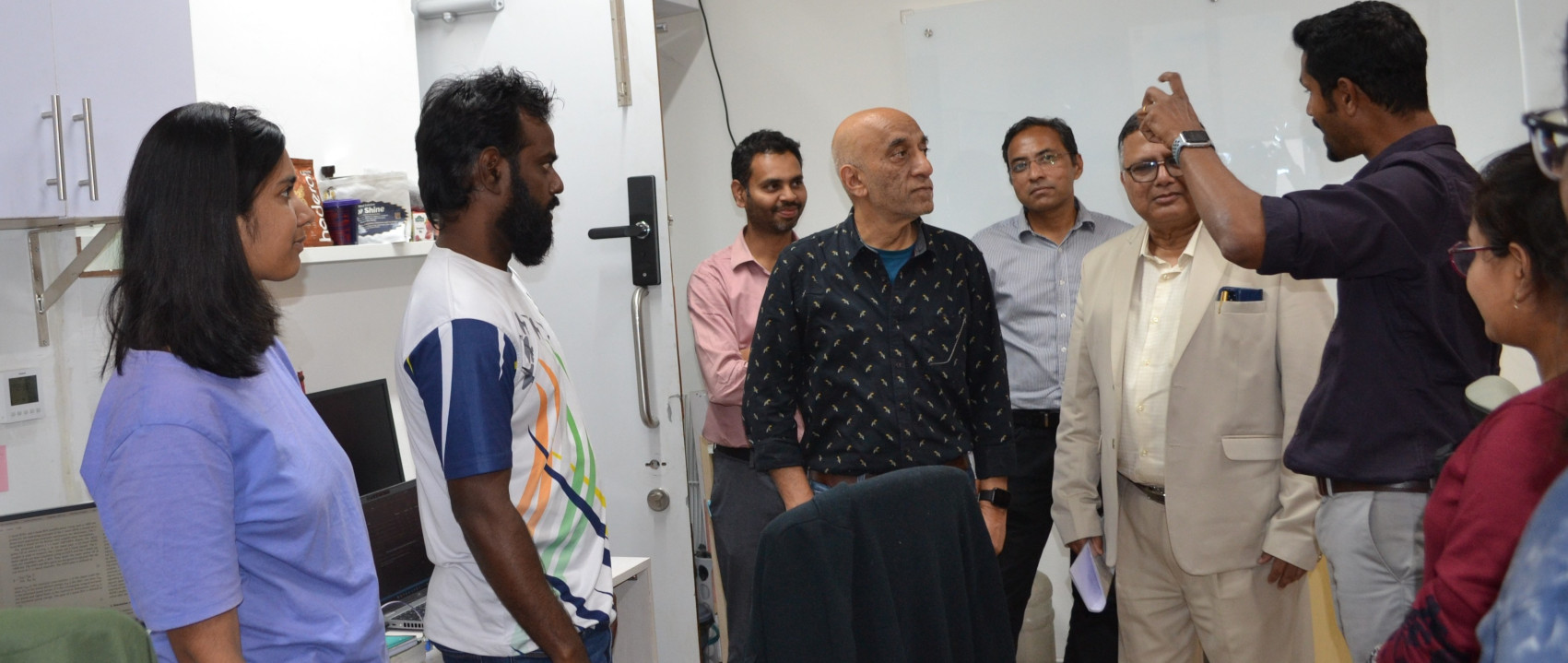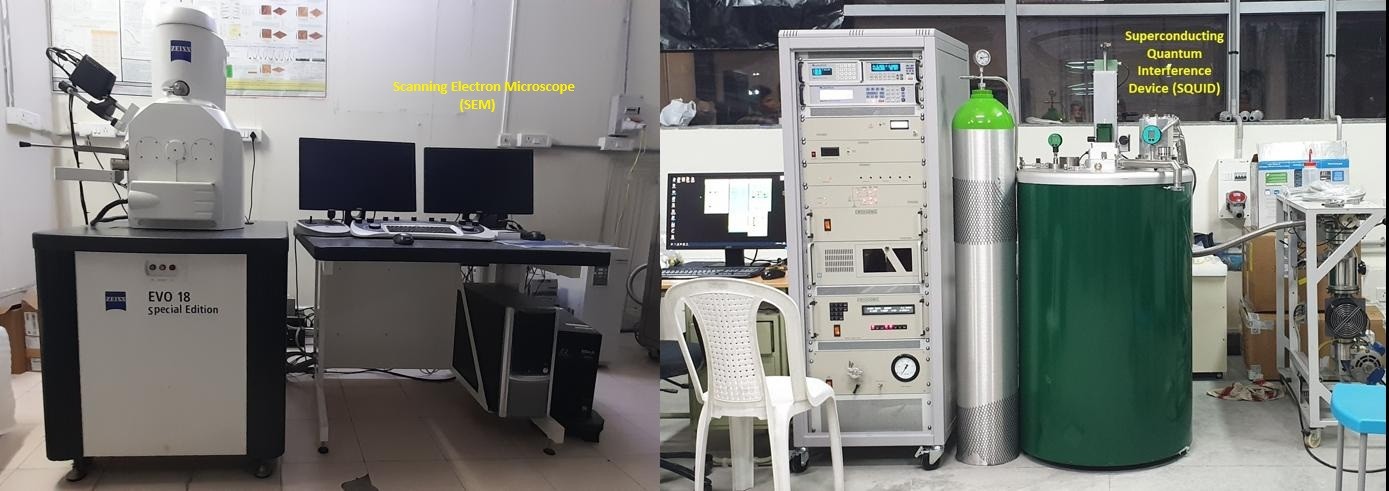About Us
Welcome to the Department of Physics of IIT Hyderabad! Our Department has 32 full time faculty members leading research groups which are making groundbreaking contributions in diverse areas. Our department hosts world class research programs in fields of Astrophysics and Cosmology, Computational Condensed Matter Physics, Experimental Condensed Matter Physics, High Energy Physics and Optics, Laser and Spectroscopy. Read More...
Our Department is strongly driven by our mission
- to figure out how things work and how the universe is put together at all scales
- to solve technological problems & invent new technologies which benefit the society at large
- to deliver a world-class education based on rigorous technical training to our students and scholars
Our Department is equipped with state of the art laboratories, a 14-inch telescope and organizes highly topical workshops and conferences, and boasts of several international and multidisciplinary collaborations. We also offer several degree programs for aspiring physicists and engineers
- Bachelors (BTech) in Engineering Physics
- Masters (MSc) in Physics
- Masters (MTech) in Physics
- Doctorate (PhD) in Physics
If you are an undergraduate student in science, technology, or engineering, aspiring to be an expert in solving real world problems which affect the local community, the nation and global community, consider joining us
Workshops and Conferences
 WHEPP XVIII - IIT Hyderabad - Dec 14 - 20, 2025
WHEPP XVIII - IIT Hyderabad - Dec 14 - 20, 2025
The Workshop on High Energy Physics Phenomenology (WHEPP) is a prominent international series of workshops on particle physics with a strong focus on particle physics phenomenology and its connections to both formal theory and experiments.
Books/Online courses by our faculty
A Mini-Monograph
The infrared structure of perturbative gauge theories
Authors: Tripathi et al.
General Model Independent Searches for Physics Beyond the Standard Model
Authors: SS. Ghosh, Th. Hebbeker, A. Meyer, T. Pook; Publishing information: Springer (2020), ISBN-13 : 978-3030537821
Introduction to Quantum Field Theory (Theory of Scalar Fields) - Part 2
Instructor: Dr. Anurag Tripathi
Colloquia & Seminars
UNDERSTANDING THE GLUON - THE "SUPER-GOD PARTICLE" - THAT BINDS US ALL
SPEAKER: PROF. ABHAY DESHPANDE
Applied Physics & Machine Learning webinar series
Series of webinars/seminars conducted on Applied Physics and Machine Learning.
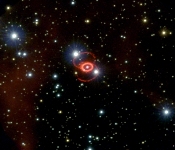
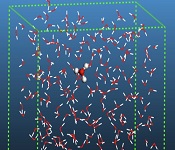
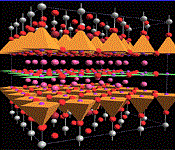
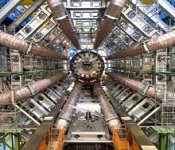
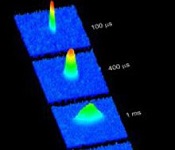
Research
The astrophysics and Cosmology group is involved in research at all length scales from the Solar System to cosmological distances. The main focus areas include solar corona and wind, black holes, micro-quasars, active galactic nuclei, pulsars, gamma-ray bursts, space plasmas, dark matter and dark energy, galaxy clusters and groups, Cosmic Microwave Background.
VisitOur group works on exploring the new frontiers of condensed matter physics including topological phase of matter, magnetic properties, superconductivity and energy harvesting materials within the framework of Density Functional Theory (DFT).
VisitAt the High Energy Physics group we are concerned with some of the fundamental mysteries about origins of matter, energy and space-time. Key research areas include Quantum Field Theory, Particle Phenomenology, Astroparticle Physics, Physics Beyond Standard Model, String Theory/Quantum Gravity.
VisitThe research involves interaction of light with atoms, molecules, clusters, nanosystems and plasmas. Theory and experiment live in harmony and generate harmonics in the lab for spectroscopic studies.
Visit



